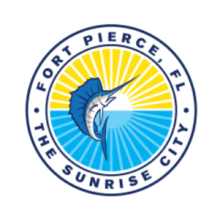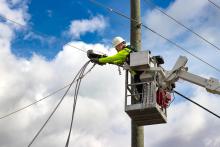We have been following the Gig.U initiative, the collaborative effort between 30+ U.S. leading research universities. Their mission is to quicken the deployment of high-speed networks to universities and their surrounding communities to improve innovation, research, collaboration, and economic development. This week, the University of Florida announced they will be working with Gainsville's GRUCom, and GigU to bring fiber to homes and businesses near the Gator campus.
The area, known as Innovation Square, is a 12-block area between the UF campus and downtown Gainesville. The initiative will offer connections to residences for an introductory price of $99 plus tax. Connections within the district will be as fast as 1 Gps while connections to users and websites outside the network will be 50 Mbps. Business rates will be determined on a case-by-case basis. While the gigabit connection may be too expensive for many in the area, the infrastructure will be in place when gigabit costs drop.
From the University of Florida News:
“Entrepreneurs and technology leaders work in a competitive world where big ideas and enormous amounts of information need to move quickly,” [UF President Bernie] Machen said. “This is just what’s needed to attract those types of people to the Innovation District. Having a high-bandwidth community near our campus creates an environment that will better serve the mission of educating our students and creating a hub of high-tech economic growth for Florida.”
GRUCom is the telecommunications division of Gainesville Regional Utilites, owned by the City of Gainesville. In addition to providing telecommunications services, the utility supplies electricity, natural gas, water and wastewater services to 93,000 retail customers in the area. The GRUCom network includes 375 miles of fiber in and around Gainesville and delivers Internet, data transport, colocation, cellular carrier and wireless, and public safety radio services.
UPDATE:
GRUCom informs us that the fiber build out will belong to GRU and the City.







